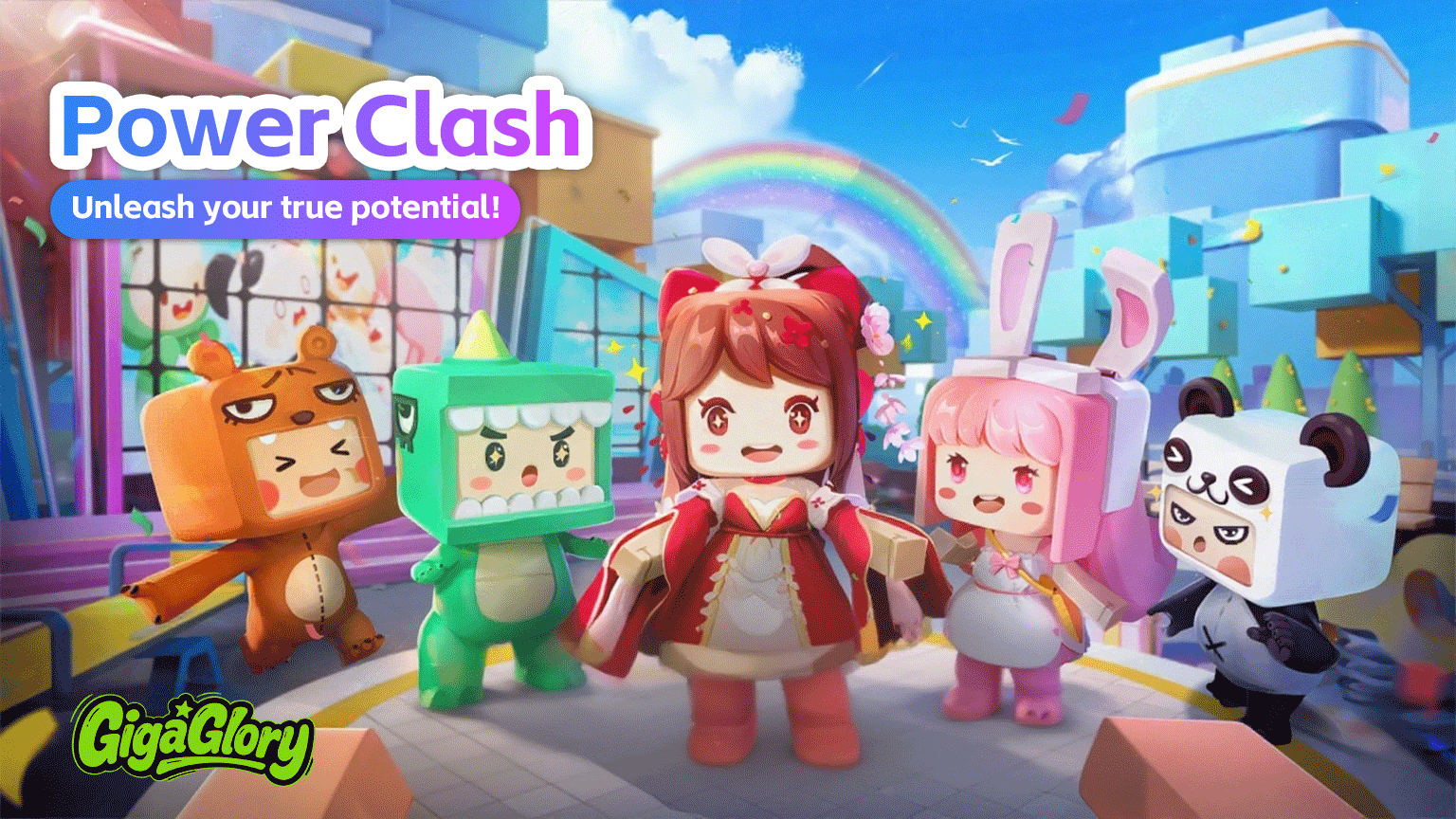Unlocking Fun: How Games Enhance Social Interaction and Cognitive Skills
When we think about games, visions of fun, laughter, and competition immediately come to mind. But did you know that games do much more than just entertain? They play a significant role in enhancing social interactions and cognitive development. In this article, we’ll explore how games foster friendships, improve brain functions, and even ease stress.
The Social Benefits of Games
Games have been a part of human culture for centuries, serving as a tool for social gathering and bonding. From board games to video games, these social experiences create connections that go beyond mere competition.
- Building Relationships: Cooperative games in especially help players learn teamwork. For instance, players must communicate effectively in games like best coop RPG games to succeed.
- Strengthening Communities: Multiplayer online games can create a sense of community. Players often form lasting friendships through shared experiences.
- Improving Communication Skills: Games that require strategy and planning foster discussions among players, leading to enhanced verbal communication skills.
Cognitive Skills Enhanced by Gaming
Games aren't just about socialization; they also do wonders for our brains. Engaging in puzzle games like kingdom puzzle activity answers can sharpen your cognitive abilities in several ways.
| Cognitive Skill | Game Type | Benefit |
|---|---|---|
| Problem Solving | Puzzle Games | Improved analytical thinking |
| Memory Recall | Card Games | Enhances memory retention |
| Multitasking | Action Games | Better at handling multiple tasks |
| Strategic Thinking | RPGs | Develops long-term planning skills |
Games as Stress Relievers
We all know life can get stressful. Games provide a fantastic outlet for stress relief. Whether it's a quick match or an immersive RPG, playing games can uplift your mood and lighten your day.
- Distraction: Focusing on a game helps pull your mind away from stressors.
- Relaxation: Engaging gameplay leads to a state of relaxation, reducing anxiety levels.
- Escapism: Games provide an escape route to different worlds, allowing you to forget your worries temporarily.
Game Types and Their Unique Social Contributions
Not all games contribute equally to social interaction and cognitive skills. Here's a breakdown of some popular game types and their unique impact:
- Cooperative Games: These games, such as cooperative RPGs, promote collaboration and shared success.
- Competitive Games: While these can create rivalry, they also build resilience and coping strategies among players.
- Strategy Games: These games challenge players to think multiple steps ahead and manage resources wisely.
Incorporating Games into Daily Life
Encouraging game-playing within your daily routine can foster stronger social connections and cognitive skills. Here are some easy ways to integrate games into your life:
- Game Nights: Host regular game nights with friends or family.
- Join Online Communities: Engage with others who play the same games. Joining forums or Discord servers can enhance the social experience.
- Explore New Genres: Don't stick to your favorites; try different games to expand your cognitive horizons.
Conclusion: The Multifaceted Benefits of Gaming
From improving social skills to enhancing cognitive abilities and relieving stress, games serve multiple beneficial roles in our lives. They are not just a source of entertainment; they provide significant value in building relationships and developing essential life skills. So, next time you pick up a controller or gather around the board, remember that you're doing more than just playing a game. You’re also unlocking fun and growth in your life!



